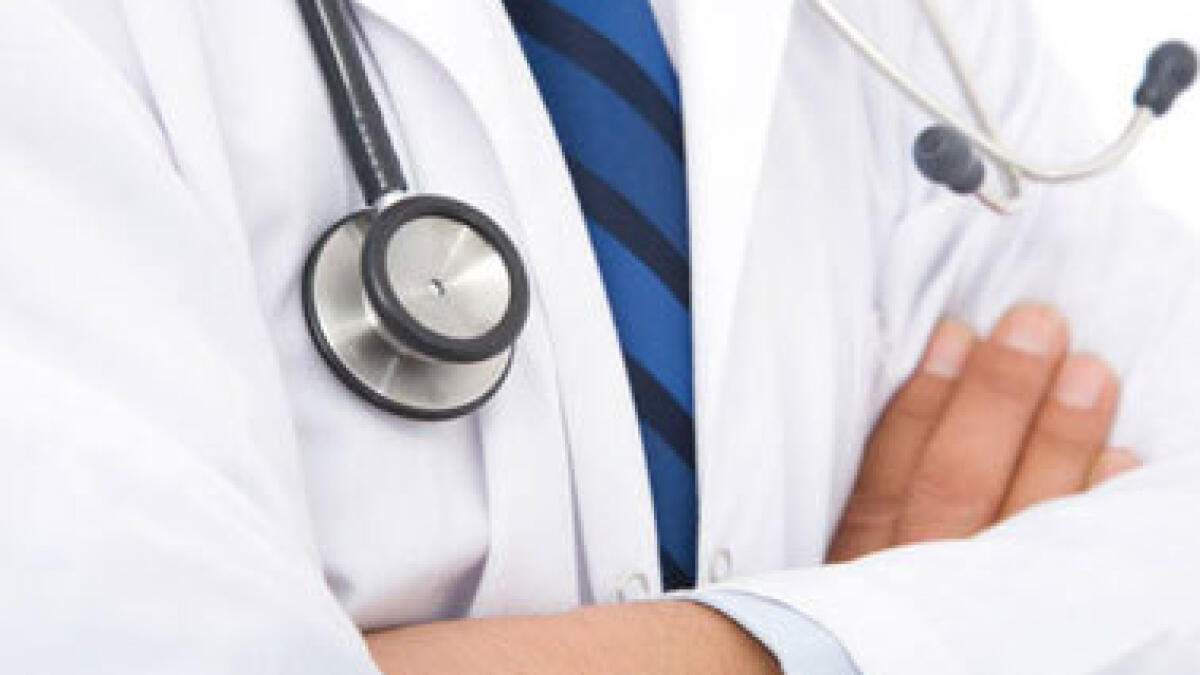Gallstones are a common issue during pregnancy, affecting at least eight per cent of pregnant women in the UAE. The condition, known as ‘cholecystitis’, occurs when gallstones cause inflammation in the gallbladder, leading to symptoms such as fever, nausea, vomiting, and pain. Some pregnant women may have ‘silent stones’, which are discovered incidentally without causing any noticeable symptoms, while others may experience varying degrees of pain. Factors contributing to gallstone formation include obesity, age, gender, pregnancy, genetics, and certain medications.
Healthcare professionals stress that the pain from gallstones can be severe, sudden, and may spread to the back. Symptoms may sometimes be confused with morning sickness, making it challenging to detect the beginning of gallbladder disease during pregnancy. Adjusting the diet, maintaining regular exercise, and considering medication or surgery can offer relief to pregnant women experiencing gallbladder issues. Surgical removal of gallstones during pregnancy is generally safe and may be necessary in cases of severe inflammation or infection.
It is important for patients with a history of gallbladder disease to watch out for symptoms post-pregnancy, as symptoms may appear two to four months after delivery. Hormonal changes during pregnancy and post-delivery, as well as rapid weight loss after delivery, can exacerbate gallbladder issues and lead to the formation of gallstones. The surgical removal of the gallbladder, known as cholecystectomy, can be done laparoscopically, resulting in less pain and a quicker recovery for the patient.
Gallstones are hardened deposits of digestive fluid that form in the gallbladder, causing symptoms such as pain, fever, and yellowish discoloration of the skin. Healthcare professionals emphasize the importance of early detection and management of gallbladder issues during pregnancy to prevent complications. Pregnancy hormones, rapid weight loss, and changes in hormone levels post-delivery can all contribute to the development of gallstones in women. By staying informed about the symptoms and seeking medical advice when necessary, pregnant women can effectively manage gallbladder issues and ensure a healthy pregnancy and postpartum recovery.
It is crucial for pregnant women experiencing gallbladder symptoms to consult with healthcare providers for proper diagnosis and treatment. Adjusting lifestyle factors, such as diet and exercise, can help alleviate symptoms of gallstones during pregnancy. In cases where medication or surgery is needed, healthcare professionals can provide appropriate recommendations and guidance to ensure the health and well-being of both the mother and the baby. By staying informed about the risks and symptoms of gallbladder issues during pregnancy, women can take proactive steps to manage their health and reduce the likelihood of complications.











